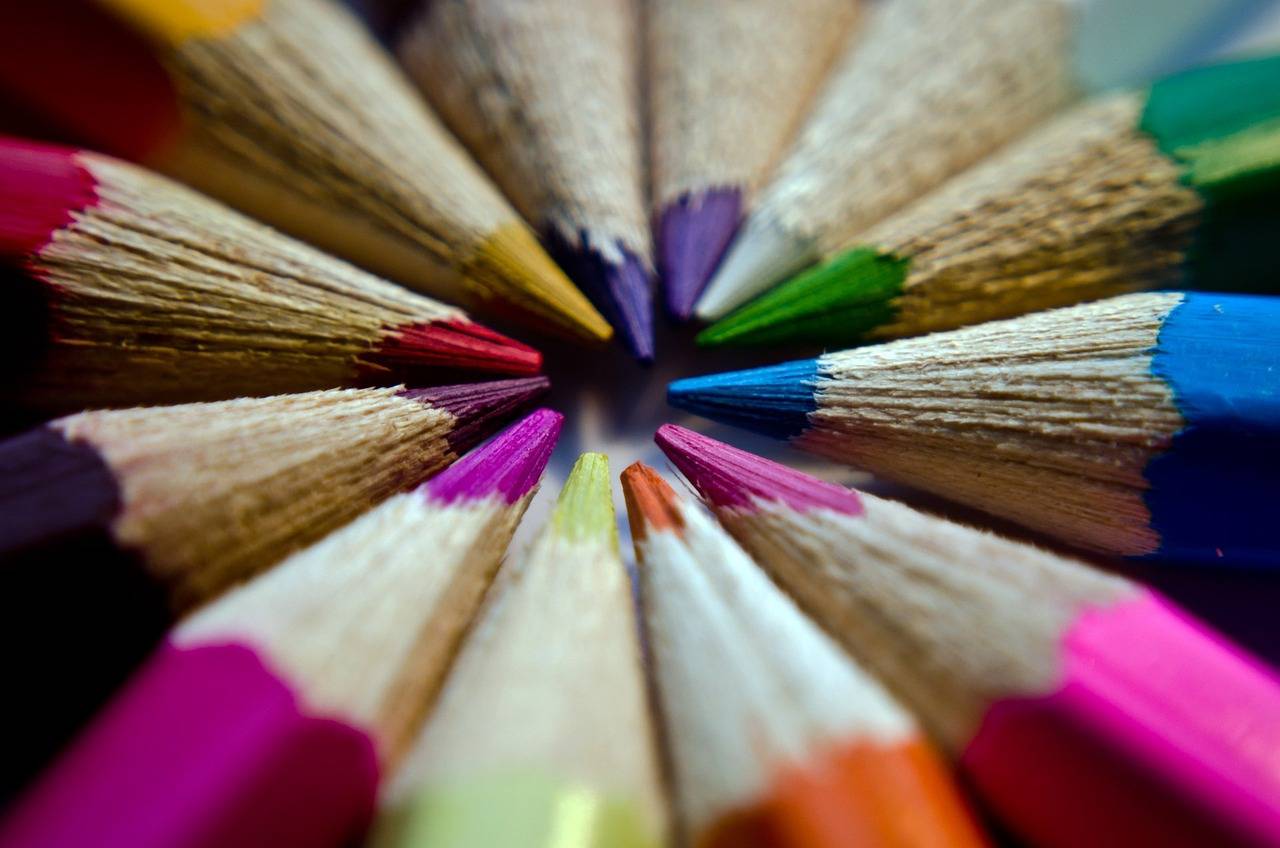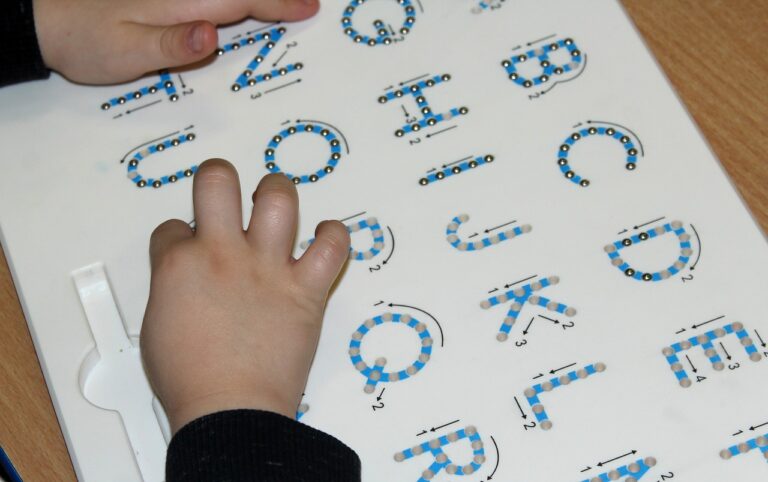Strategies for Promoting Multicultural Literature in Curriculum
Multicultural literature has the power to offer diverse perspectives and experiences that enrich the educational journey of students. By incorporating works from various cultures, students are exposed to a world beyond their own, fostering empathy, understanding, and cultural appreciation. Including multicultural literature in the curriculum can dismantle stereotypes and promote inclusivity within the classroom, creating a more welcoming and respectful learning environment.
Integrating multicultural literature in the curriculum also helps students develop critical thinking skills and broaden their worldview. Through the exploration of different cultural narratives, students can analyze themes of identity, social justice, and human experience in a global context. This not only enhances their literary analysis skills but also encourages them to reflect on their own beliefs and values, fostering a deeper sense of self-awareness and empathy towards others.
Understanding the Importance of Multicultural Literature in Education
An integral component of a well-rounded education is the incorporation of multicultural literature into the curriculum. By exposing students to a diverse range of perspectives, cultures, and experiences through literature, educators have the opportunity to cultivate empathy, understanding, and respect for others. Multicultural literature serves as a mirror reflecting the lived experiences of individuals from various backgrounds, as well as a window into worlds different from our own.
Moreover, incorporating multicultural literature into educational settings fosters a sense of inclusivity and belonging among students from different cultural backgrounds. It validates the identities and experiences of marginalized groups, providing them with representation and a platform to share their stories. By engaging with diverse texts, students are not only exposed to different worldviews but also empowered to critically analyze and challenge stereotypes, biases, and societal norms.
Why is multicultural literature important in education?
Multicultural literature helps students gain a better understanding and appreciation of different cultures, promotes empathy and tolerance, and provides diverse perspectives that reflect the complexities of the world.
How can multicultural literature be integrated into the curriculum?
Multicultural literature can be integrated into the curriculum by including diverse authors and texts in reading assignments, discussing themes of culture and identity in literature classes, and creating opportunities for students to explore and engage with different cultural perspectives.
What are the benefits of incorporating multicultural literature in education?
Incorporating multicultural literature in education helps students develop critical thinking skills, broaden their worldview, and fosters a sense of inclusivity and diversity in the classroom.
How can educators promote multicultural literature in their teaching?
Educators can promote multicultural literature in their teaching by actively seeking out diverse authors and texts, creating a culturally inclusive classroom environment, and encouraging open discussions about cultural perspectives and experiences.





